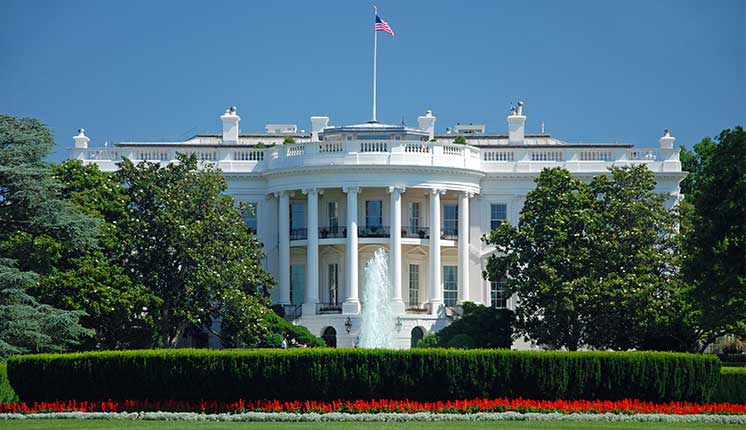
In response to President Trump’s declaration of a National Energy Emergency, the U.S. Department of the Interior will implement emergency permitting procedures to accelerate the development of domestic energy resources and critical minerals. These measures are designed to expedite the review and approval, if appropriate, of projects related to the identification, leasing, siting, production, transportation, refining, or generation of energy within the United States. The Department will utilize emergency authorities under existing regulations for the National Environmental Policy Act, Endangered Species Act, and the National Historic Preservation Act.
- National Environmental Policy Act: The Department will be adopting an alternative National Environmental Policy Act compliance process to allow for more concise documents and a compressed timeline. Projects analyzed in an environmental assessment, normally taking up to one year, will now be reviewed within approximately 14 days. Projects requiring a full environmental impact statement, typically a two-year process, will be reviewed in roughly 28 days.
- Endangered Species Act: An expedited Section 7 consultation process will be implemented, which involves the appropriate bureau notifying the Fish and Wildlife Service that it is using emergency consultation procedures. Following such notification, the appropriate bureau can then proceed with deciding whether to approve the action.
- National Historic Preservation Act: Bureaus will follow alternative procedures for compliance with Section 106 of the National Historic Preservation Act for proposed undertakings responding to the energy emergency, which include notifying the Advisory Council on Historic Preservation, State and Tribal Historic Preservation Officers, and any Indian tribe or Native Hawaiian organization that may attach religious and cultural significance to historic properties likely to be affected by a proposed undertaking and affording them an opportunity to comment within seven days of the notification.
For more information, contact RCRC Senior Vice President of Government Affairs, Mary-Ann Warmerdam.
